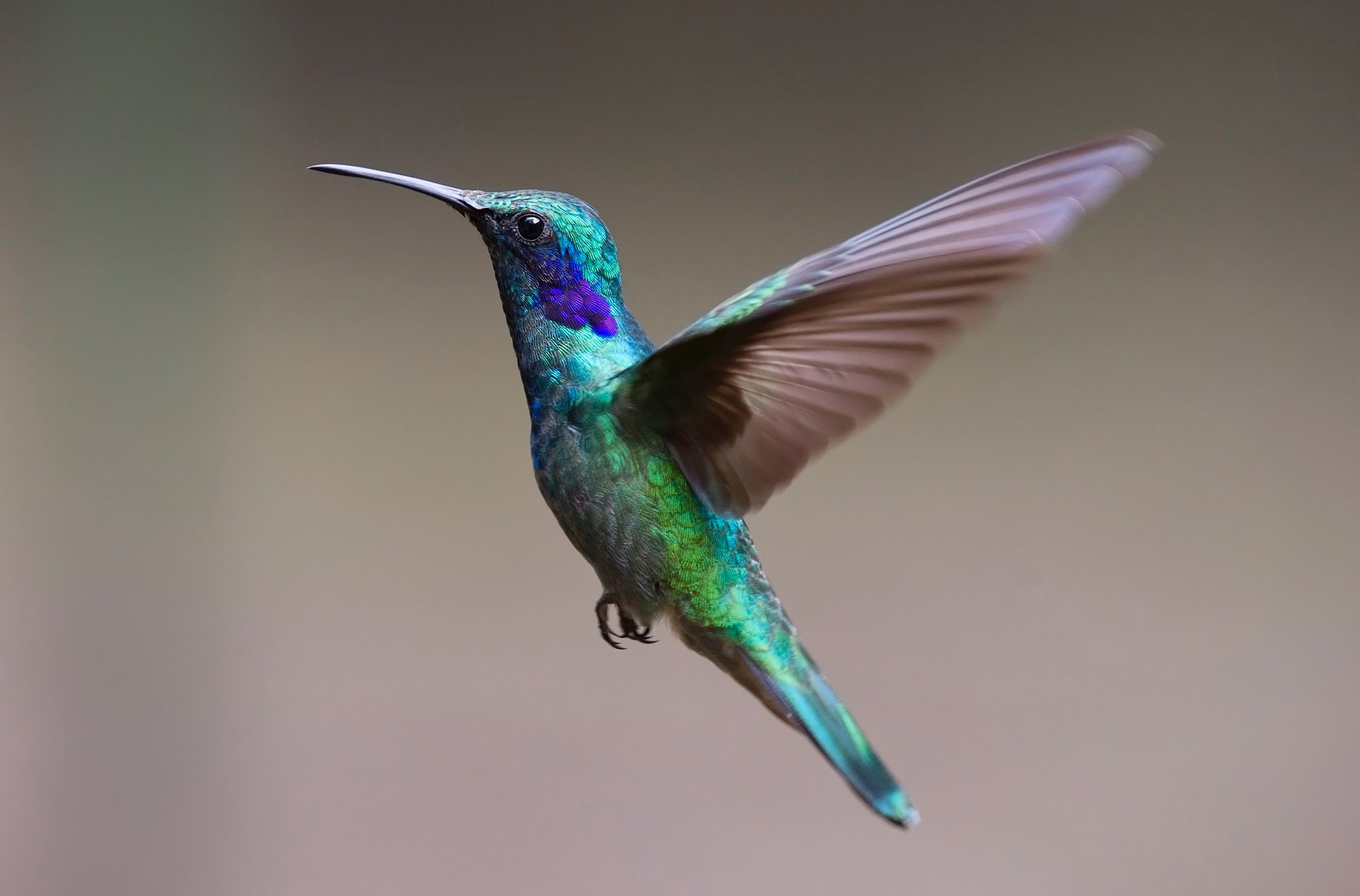A new perspective on strategy
19/01/2018

Sharing knowledge
Four times a year Cranfield’s Centre for Business Performance (CBP) invites members of its Round Table https://www.cranfield.ac.uk/som/research-clubs/the-business-performance-roundtable to meet for a discussion under Chatham House Rules. It’s an opportunity for managers and leaders of non-competing organisations to discuss performance related issues, learn from the experience of others and hear about the latest thinking on the subject. They can talk about what’s really on their minds knowing it won’t go outside the room.
Strategy…a new way of thinking
A couple of weeks ago we discussed business strategy. What more is there to say about this topic you may ask. In this fast-moving world isn’t strategy something of the past? Think again. Patrick Hoverstadt and Lucy Loh from Fractal Consulting kicked off the discussion with a presentation looking at strategy from a very different angle. Let’s start with a depressing statistic that many people will suspect anyway. Most strategy ends in a failure. Some surveys show that about 90% of strategic plans are not implemented. Just think about the wasted time and effort that has been put into plans that haven’t been followed. Why does it happen?
Hummingbirds and flowers
Traditionally we look at strategy as primarily a linear process. We devise a strategy and adapt our organisation to be able to deliver it. Patrick and Lucy showed a different approach. They gave the example of the humming bird, which has evolved to be ideally suited to drawing nectar from flowers with its long narrow beak. But it’s not only the humming bird that has evolved, flowers have adapted to enable the hummingbird to draw nectar and also pollen which they then transfer to other plants. So, humming birds and plants have developed over time to the advantage of both.
Organisations and strategy…
This idea can be transposed into the arena of organisations and strategy. Every organisation operates in an environment in which it is affected by other entities, even if not consciously. Each organisation is taken along a trajectory by the relationships they have. Each coupling exerts a different pressure on the organisation and this will affect strategy. So, the starting point is to have an honest discussion about all key external entities affecting the organisation, looking at the nature of the relationship, where that relationship is likely to take you and whether this is somewhere you want to go. This approach reveals a number of patterns for competition and collaboration, where each pattern is a sequence of manoeuvres which combine to make a strategy.
Once you have built a picture, you will have a better idea of how to position your organisation and how much and how fast you need to adapt to maintain a fit with the environment.
Want to know more?
For more information about Patrick and Lucy’s work take a look at their book Patterns of Strategy at http://www.patternsofstrategy.com/
If you would like to know more about Cranfield’s round tables and join for a trial session contact: m.bourne@cranfield.ac.uk
Categories & Tags:
Leave a comment on this post:
You might also like…
From classroom to cockpit: What’s next after Cranfield
The Air Transport Management MSc isn’t just about learning theory — it’s about preparing for a career in the aviation industry. Adit shares his dream job, insights from classmates, and advice for prospective students. ...
Setting up a shared group folder in a reference manager
Many of our students are now busy working on their group projects. One easy way to share references amongst a group is to set up group folders in a reference manager like Mendeley or Zotero. ...
Company codes – CUSIP, SEDOL, ISIN…. What do they mean and how can you use them in our Library resources?
As you use our many finance resources, you will probably notice unique company identifiers which may be codes or symbols. It is worth spending some time getting to know what these are and which resources ...
Supporting careers in defence through specialist education
As a materials engineer by background, I have always been drawn to fields where technical expertise directly shapes real‑world outcomes. Few sectors exemplify this better than defence. Engineering careers in defence sit at the ...
What being a woman in STEM means to me
STEM is both a way of thinking and a practical toolkit. It sharpens reasoning and equips us to turn ideas into solutions with measurable impact. For me, STEM has never been only about acquiring ...
A woman’s experience in environmental science within defence
When I stepped into the gates of the Defence Academy it was the 30th September 2019. I did not know at the time that this would be the beginning of a long journey as ...






